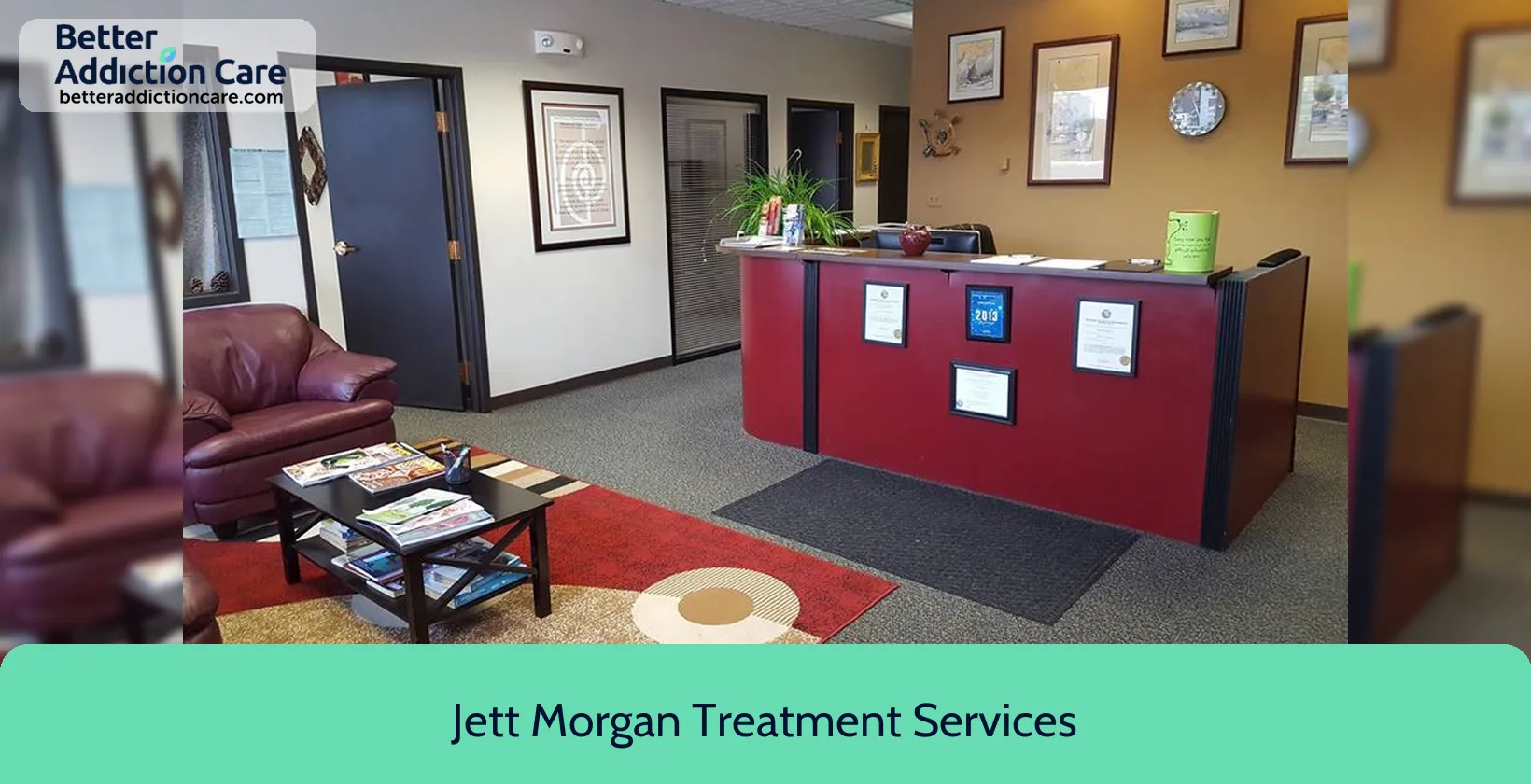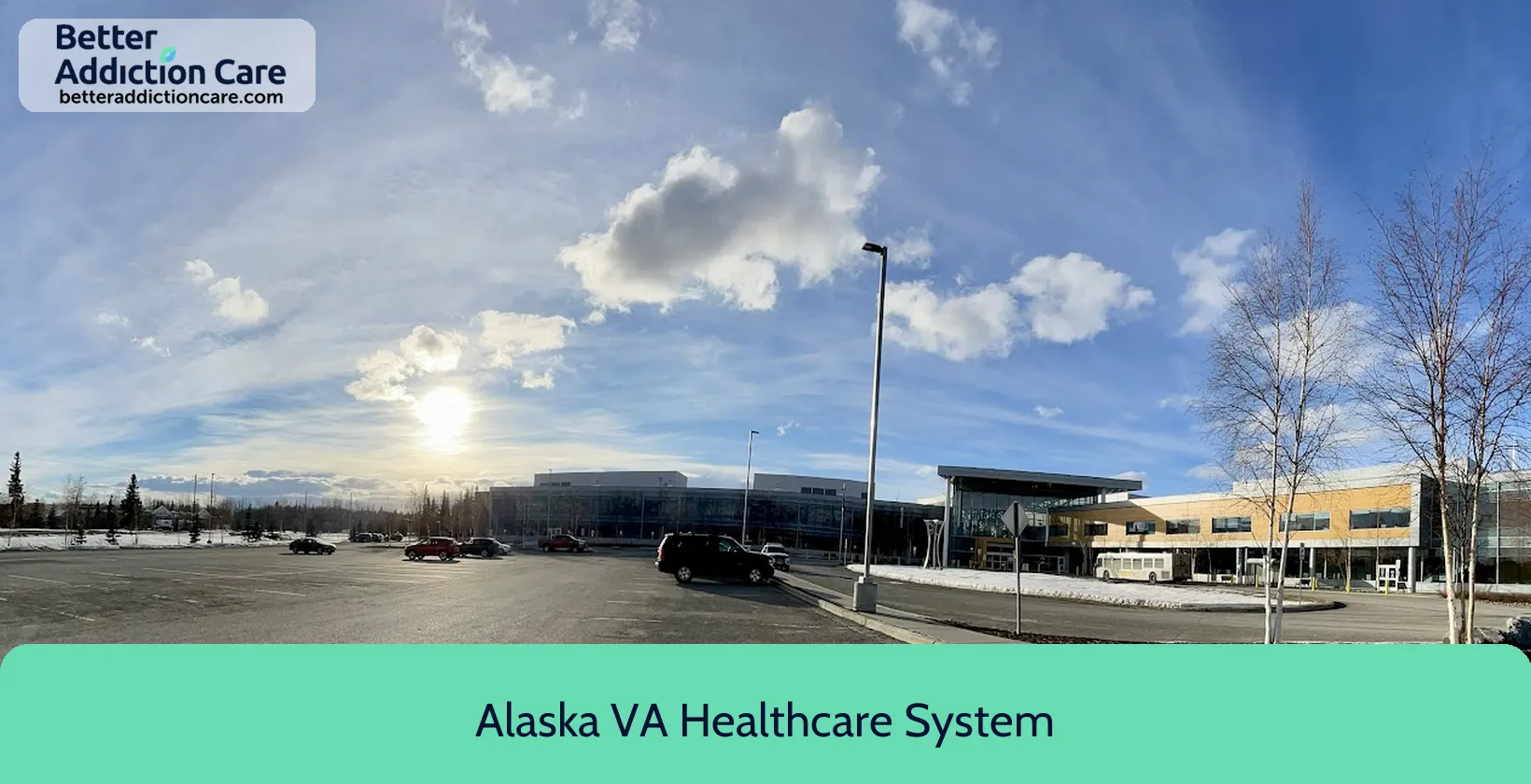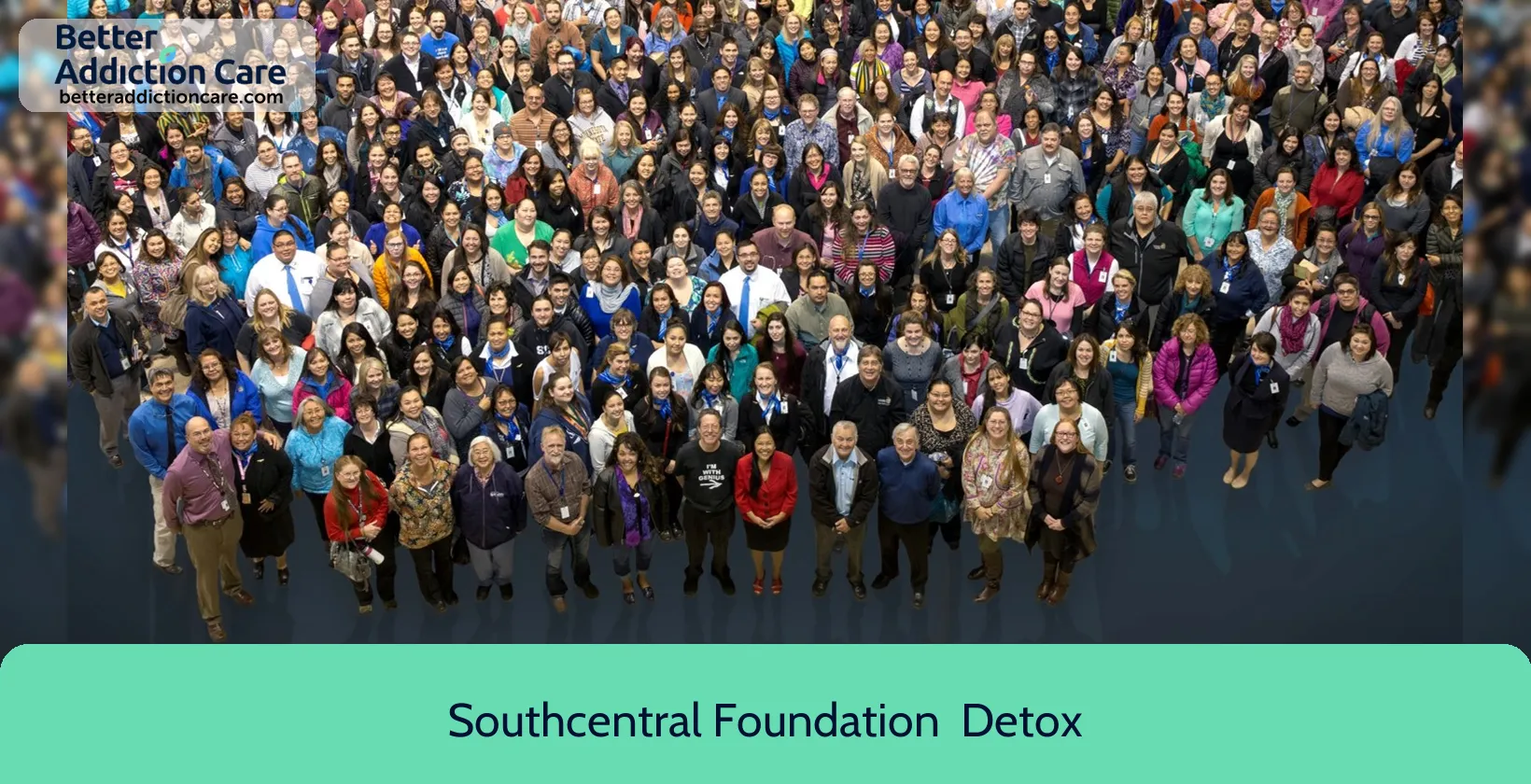Alaska Behavioral Health - Folker Street

Overview
Alaska Behavioral Health - Folker Street is a mental health treatment center for people seeking treatment near Anchorage County. As part of their treatment modalities for recovery, Alaska Behavioral Health - Folker Street provides couples/family therapy, group counseling, and cognitive behavioral therapy during treatment. Alaska Behavioral Health - Folker Street is located in Anchorage, Alaska, accepting cash or self-payment for treatment.
Alaska Behavioral Health - Folker Street at a Glance
Payment Options
- Cash or self-payment
- Medicaid
- Medicare
- State-financed health insurance plan other than Medicaid
- Private health insurance
Assessments
- Screening for tobacco use
- Comprehensive mental health assessment
- Comprehensive substance use assessment
Age Groups
- Children/adolescents
- Young adults
- Adults
- Seniors
Ancillary Services
- Case management service
- Chronic disease/illness management
- Court-ordered outpatient treatment
- Family psychoeducation
- Illness management and recovery
Highlights About Alaska Behavioral Health - Folker Street
6.74/10
With an overall rating of 6.74/10, this facility has following balanced range of services. Alcohol Rehabilitation: 8.00/10, Drug Rehab and Detox: 6.00/10, Insurance and Payments: 6.00/10, Treatment Options: 6.97/10.-
Alcohol Rehabilitation 8.00
-
Treatment Options 6.97
-
Drug Rehab and Detox 6.00
-
Insurance and Payments 6.00
Treatment At Alaska Behavioral Health - Folker Street
Treatment Conditions
- Mental health treatment
- Alcoholism
- Substance use treatment
- Co-occurring Disorders
Care Levels
- Partial Hospitalization Program
- Outpatient
Treatment Modalities
- Couples/family therapy
- Group counseling
- Cognitive behavioral therapy
- Dialectical behavior therapy
- Integrated Mental and Substance Use Disorder treatment
Ancillary Services
Languages
- Sign language services for the deaf and hard of hearing
- Spanish
- Other languages (excluding Spanish)
- Hmong
Additional Services
- Pharmacotherapies administered during treatment
- Mentoring/peer support
- Metabolic syndrome monitoring
Special Programs
- Clients with co-occurring mental and substance use disorders
- Children/adolescents with serious emotional disturbance (SED)
- Persons 18 and older with serious mental illness (SMI)
- Persons with post-traumatic stress disorder (PTSD)
Get Help Now
Common Questions About Alaska Behavioral Health - Folker Street
Contact Information
Other Facilities in Anchorage

7.40

6.68

7.42

6.59

7.39

6.77

7.52

7.27
DISCLAIMER: The facility name, logo and brand are the property and registered trademarks of Southcentral Foundation - Detox, and are being used for identification and informational purposes only. Use of these names, logos and brands shall not imply endorsement. BetterAddictionCare.com is not affiliated with or sponsored by Southcentral Foundation - Detox.
